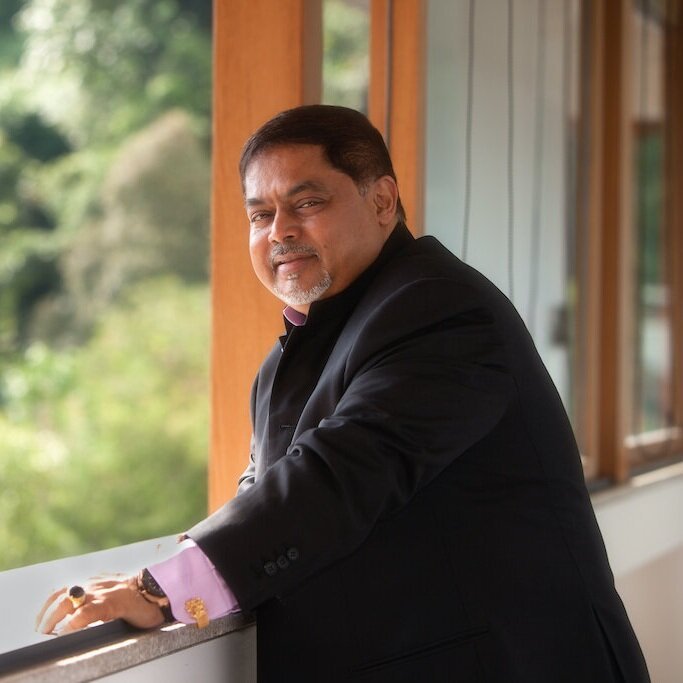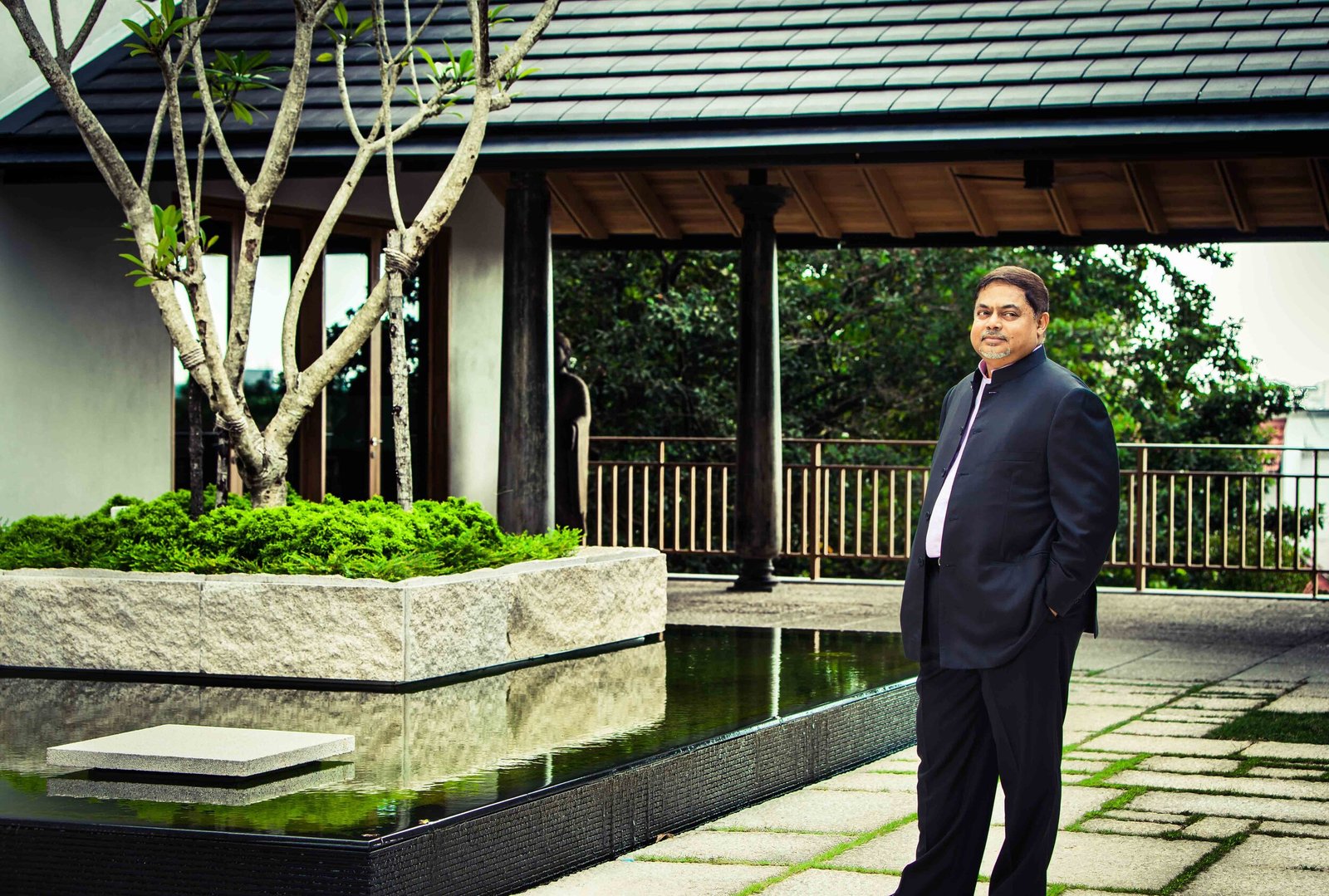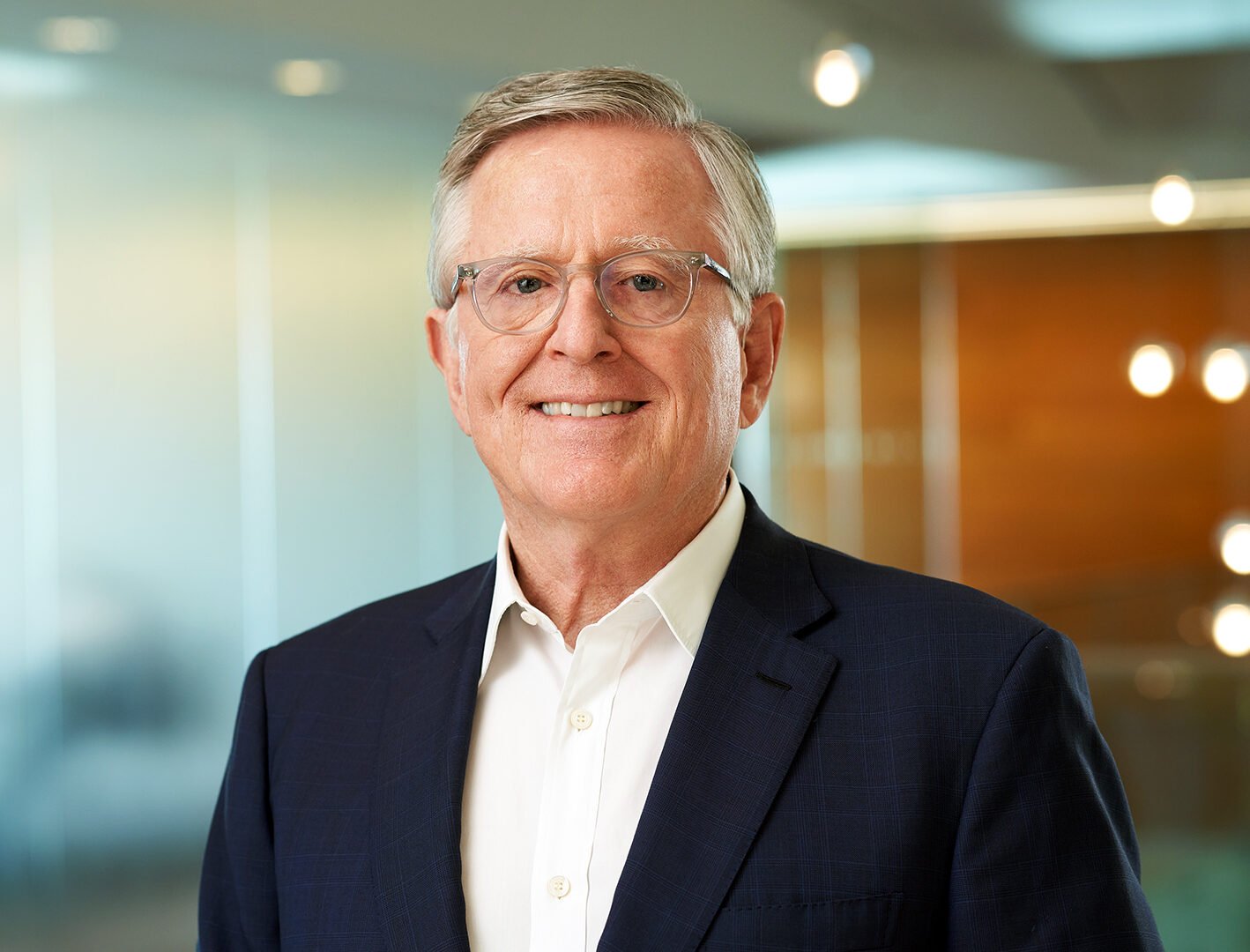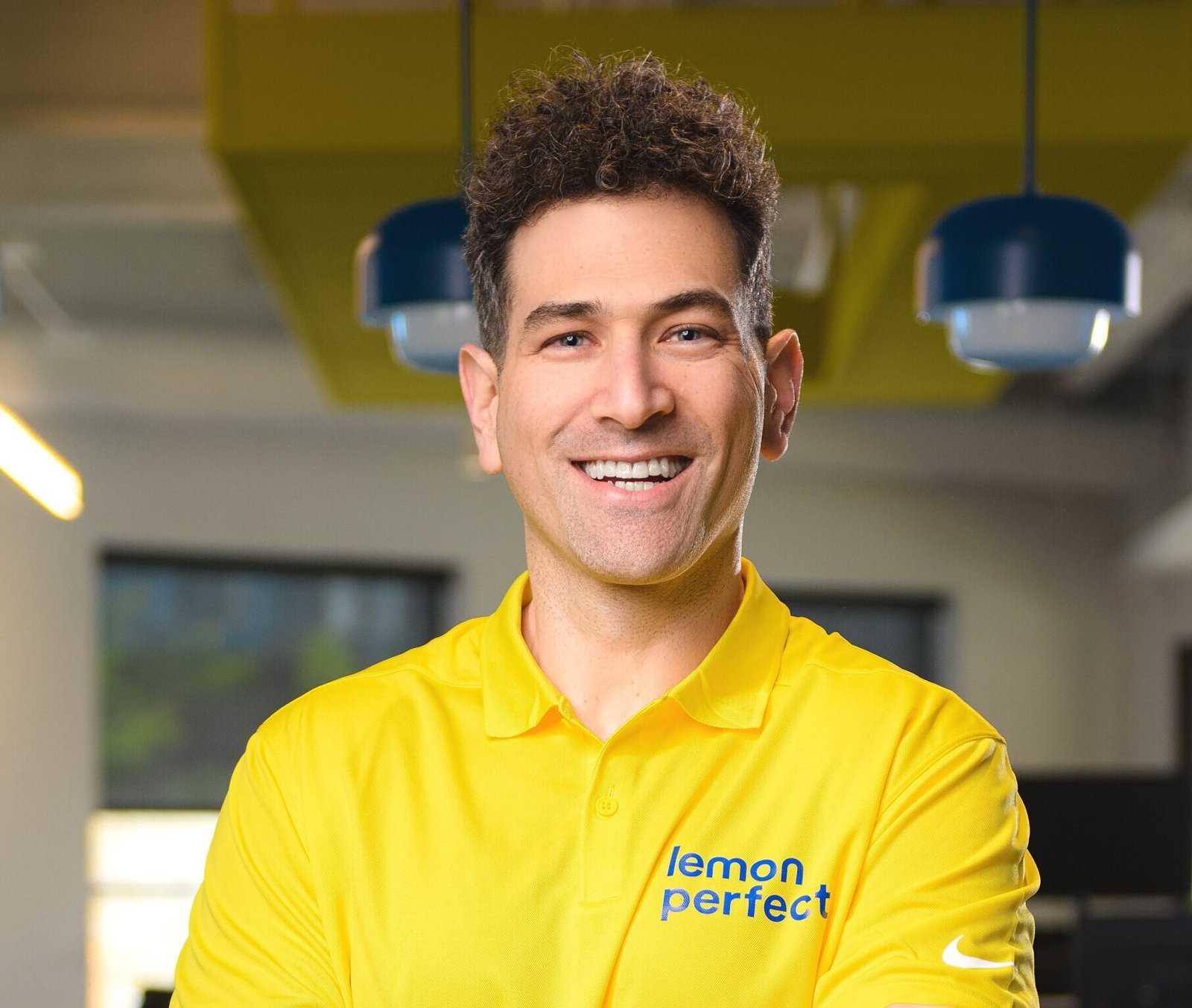I recently went one on one with Vijay Eswaran, founder and Executive Chairman of the QI Group of Companies, a multi-business conglomerate with headquarters in Hong Kong, offices in more than 25 countries and customers in over 100 countries. Vijay is a noted entrepreneur, speaker, and philanthropist and the author of three bestselling books on leadership and mindfulness. Vijay was featured in Forbes as one of Asia’s Top 50 philanthropists.
Adam: Thanks again for taking the time to share your advice. First things first, though, I am sure readers would love to learn more about you. How did you get here? What experiences, failures, setbacks or challenges have been most instrumental to your growth?
Vijay: I come from Malaysia, a beautiful and multi-cultural country in South East Asia known to be a powerhouse financial and business hub in the region, and well known for its beautiful beaches, secluded islands, elevated hill stations, and UNESCO World Heritage Sites.
I grew up all over the country thanks to my father’s job with the government. The constant moving and changing of schools (a total of 9) in some ways gave me the training to adapt quickly to change. I realized in later years that this is a very important quality when one is an entrepreneur.
I left Malaysia after graduating high school and went on to study initially in Singapore and then on to the UK for undergraduate studies, and finally the US where I earned a master’s degree and stayed on to build a career in corporate America in the 80s. I returned to Asia in the early 90s after spending 13 years abroad.
I worked a number of jobs, mainly as a consultant before landing as the CEO of a publishing house in Malaysia. I was brought in to save the company from the brink of bankruptcy. It took me two years to turn things around. Upon which, I was sent to the US on a trip to supposedly explore new business opportunities. By the time I returned, I found out the company had been sold, catching me completely off guard. The new owners brought in their own team. Just like that, I was out.
This was the catalyst that set me on a path to take charge of my life. I had always wanted to do something of my own but was unnerved at the prospect of leaving the safety of a corporate job. I started looking for opportunities to start my own business and serendipitously I discovered a direct selling opportunity that was just beginning to grow in Malaysia. I had dabbled in it part-time as a student in the UK, so the concept was familiar. It turned out I was quite good at it, and soon I had grown a successful direct-sales team that was spread across South East Asia.
My team was given a great opportunity by an American direct selling company that was looking to expand its business in the Philippines. It was an exciting opportunity, and we were able to grow their business rapidly. However, we soon discovered that the American company was not being honest with us, and soon they were delaying product delivery, and holding back commission payments. Meanwhile, we already built a team of about 2,000 people who believed in us as leaders of their team. When the principal company closed shop and disappeared, we were left holding the pieces.
We had a choice between pleading innocence and letting down thousands of people or taking responsibility for a team that placed their trust in us. If we shut down, we could never regain the trust of these people. Between my partners and I, we had extensive experience in direct selling, but I was the only one with experience in corporate management. As a trained economist, I believed in the power of the direct selling business to help create micro entrepreneurs and make a major socio-economic impact.
I convinced three of the other partners that we could start our own direct selling company and take back control of the situation. So, armed only with the purpose of helping those who had trusted us, we announced the decision to start our own company. That was the beginning. Since then, we have grown into a conglomerate with diverse business interests that range from a university, a luxury watch brand, hotels and resorts, and even a football team.
Adam: What is your daily routine and how can anyone optimize their daily performance?
Vijay: For more than 30 years, I begin my day with a 60-minute routine. I call it the Sphere of Silence – it’s a combination of things I learned from my grandfather and teachings I’ve picked up throughout my life, and from various cultures. Practicing this routine helps me stay grounded, focused, and most importantly, feel positive. And it’s a guaranteed productivity booster when you begin your day with this.
I divide the hour into several parts dedicated to taking proactive action on various aspects of my life such as goal-setting, self-reflection and analysis, reading, writing, and even a time to commune with a higher power (if you believe in one). I do all of this in complete silence. No cell phones, no music, no disturbance.
I’ve divided the practice into three segments of 30 minutes, 20 minutes, and 10 minutes each. If you are just starting out, you can try a shortened version by slicing time off each of the segments, but I highly recommend working your way to the complete 60 minutes for optimal benefits.
The first 30 minutes are dedicated to goal setting, assessing progress, and analyzing failures and setbacks. The next 20 minutes are focused on reading something that teaches you new things or enriches your mind with practical knowledge. The last 10 minute segment, which I think is perhaps the most important part is the grounding process; like a cool-down after a good workout. Use these last 10 minutes for self-reflection and, if you believe in a higher power, for communicating with God, or the Universe, whichever you prefer. The approach is entirely up to you, but the objective of this segment is to be present and realize what truly matters.
I have been practicing the Sphere of Silence for most of my life now and attribute my success to it. I find that a practice of silence is the ultimate weapon against the assault on our senses and the insanity that prevails around us today. To many, it may seem that no quiet could exist amidst the din and racket of an ever-blaring world.
Practice it for 21 days and it becomes a habit. The silence and introspection make you a better you, because it helps you channel your energies to maximum effect. And being a better you, makes you better at everything you do.
Adam: In your experience, what are the key steps to growing and scaling your business?
Vijay: I’ve seen too many businesses fail in their rush to scale before they are ready. Premature scaling is perhaps the leading cause for the downfall of many promising start-ups. Based on my experience, there are three key elements a business must have in place before it is ready to scale.
-
Put together the right team. If you hire the right people in the right roles and empower them, growth is automatic. No business can survive without a good team behind it. I’ve realized that fresh ideas come from the most unexpected sources. You must start with the belief that everyone has something to contribute. Finding the value in them is your duty.
-
Favor effectiveness over efficiency. Efficiency is obviously necessary, for it reduces cost and helps improves productivity. But no amount of efficiency will help if you are headed in the wrong direction. Being effective is about knowing when you are headed in the wrong direction and correcting your course by navigating the trials and tribulations along the way. You will find that very often effectiveness is, and will be, at odds with efficiency.
-
Simplicity. I am an ardent subscriber of the KISS (Keep it Simple, Stupid) principle. This is my mantra for every new change I introduce in my organization. One of the pitfalls of growth is bureaucracy. When organizations get bigger, more layers are added, and hence more red tape and more paperwork. And there goes your productivity, efficiency, and effectiveness. If you can keep the soul of the start-up spirit alive when everything got done quickly and without fuss, your chances of survival and success go up. Simplicity is, in essence, the key to success in growth.
Adam: What do you believe are the defining qualities of an effective leader?
Vijay: I believe that leadership is not about telling people what to do. A true leader is one who knows how to serve. Servant leadership means different things to different people. The philosophy closest to my heart, one that I learned at an early age from my father is of “service above self.” I watched him work tirelessly to develop other people and focus on what he could do to help selflessly.
There are three important qualities for a good leader.
-
Integrity – To be respected as a leader you must have integrity. It is the bulwark of honesty. It is important that a leader has clearly defined goals based on moral and ethical values.
-
Humility – Arrogance is a fundamental failure of many a leader. When mired in ego, a leader loses this anchor and is easily swayed by the storms of self-grandeur. It is humility that keeps the person chained to the bedrock of reality.
-
Patience – This is perhaps the most valuable trait. I value patience above all else. Patience is not just a virtue, but a practice that requires daily application. It is a state of mind that emanates an inner sense of tranquility, calmness and serenity that permeates one’s surroundings. Such a leader becomes an oasis amidst chaos.
Adam: How can leaders and aspiring leaders take their leadership skills to the next level?
Vijay: Building on the theme of servant leadership, here are some simple but important things that will allow you to grow as a leader.
-
Care – I am a strong believer that an organization is not defined by its products or its glitzy marketing. The people who work for the organization are its true assets. A leader who takes care of his people will never have to worry about poor customer service. When you take care of your people, they will take care of your customers.
-
Clarity of Vision – Once you are clear about your vision, it is important that you communicate it to your team and unify them towards reaching a common objective. When your team can see that their leader knows where they are going and what they are doing, they are much more likely to be involved and engaged every step of the way.
-
Commitment to Growth – The biggest investment you can make in your people is your time. When you give them your time to help them develop both professionally as well as personally, it shows genuine interest in them as individuals. They know they are not just cogs in a wheel that add to a bottom line.
Adam: What are your three best tips applicable to entrepreneurs, executives, and civic leaders?
Vijay: Adapt. Adjust. Accommodate.
If there is one thing this pandemic has taught everyone, change happens quickly and unexpectedly giving you no time to prepare. Business is about flexibility and versatility. Be prepared to throw out your best laid plans, assess the situation, adapt to the new reality, and make the necessary adjustments to fit into the new world and accommodate changes as they come along. In the words of Bruce Lee – Be like water.
Adam: What are your best tips on the topics of sales, marketing and branding?
Vijay: Being sales-driven is obviously very important for businesses to grow. But it cannot be the only thing driving the organization. Sales at any cost, is the reason many companies are driven to the ground. A focus on sales has to be balanced with values of ethics and integrity.
If your salespeople are the sole spokespersons of your company, then your business comes across as soulless.
Many people confuse sales and marketing. While sales is about what you are selling right now, marketing should be about what you plan to sell in the next five years and telling the story of those possibilities. This has to be constantly evolving.
Your branding is a natural by-product of your sales and marketing messages. Branding is a long game. It goes beyond your logo and colors. It is how your customers experience you. And that is a result of so many little things over time.
Adam: What is the single best piece of advice you have ever received?
Vijay: My late father-in-law played a crucial role in shaping my business philosophy. He was a trader and entrepreneur on a small scale, with a chain of provision stores (mini grocery stores, primarily for basic household products) in Sri Lanka. When I decided to become an entrepreneur, I didn’t have anyone to turn to for advice, as no one in my family had ever tried their hand at business.
I had always been close to him and admired his very down-to-earth and humorous take on life, which made it very easy to talk to him. When I told him I was considering starting a business but was nervous about it, he responded with what I consider the most valuable piece of advice I have received.
He said: “Starting a business is about trial and error. You may not get it right the first time, but you won’t know till you try. If you don’t try, you won’t know what you are capable of or what you could have done. Start. What’s the worst that can happen? You may fail. So what? Start again. You are at the best time of your life to do this.”
My father-in-law passed away around 25 years ago but that piece of advice laid the foundation of my own philosophy to business that continues until today.









